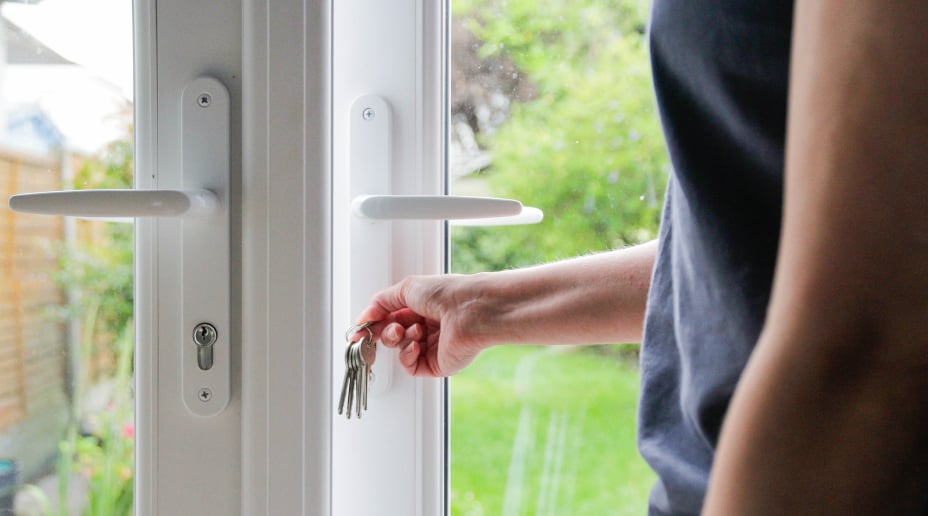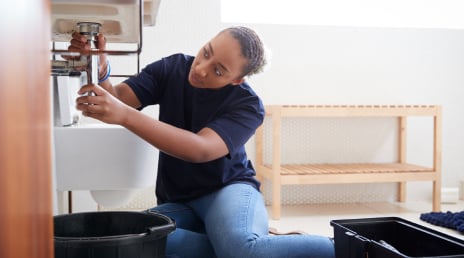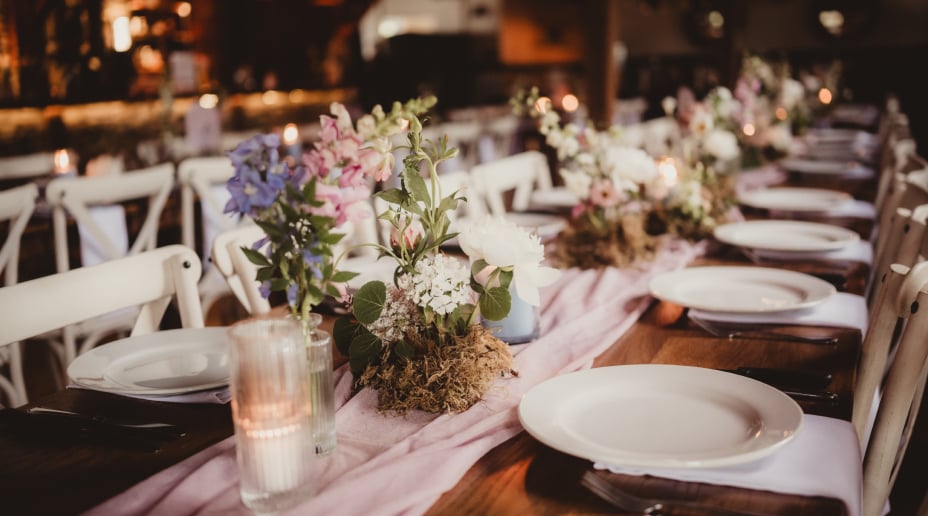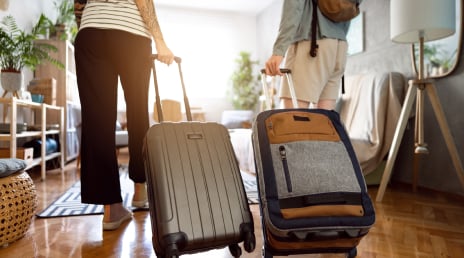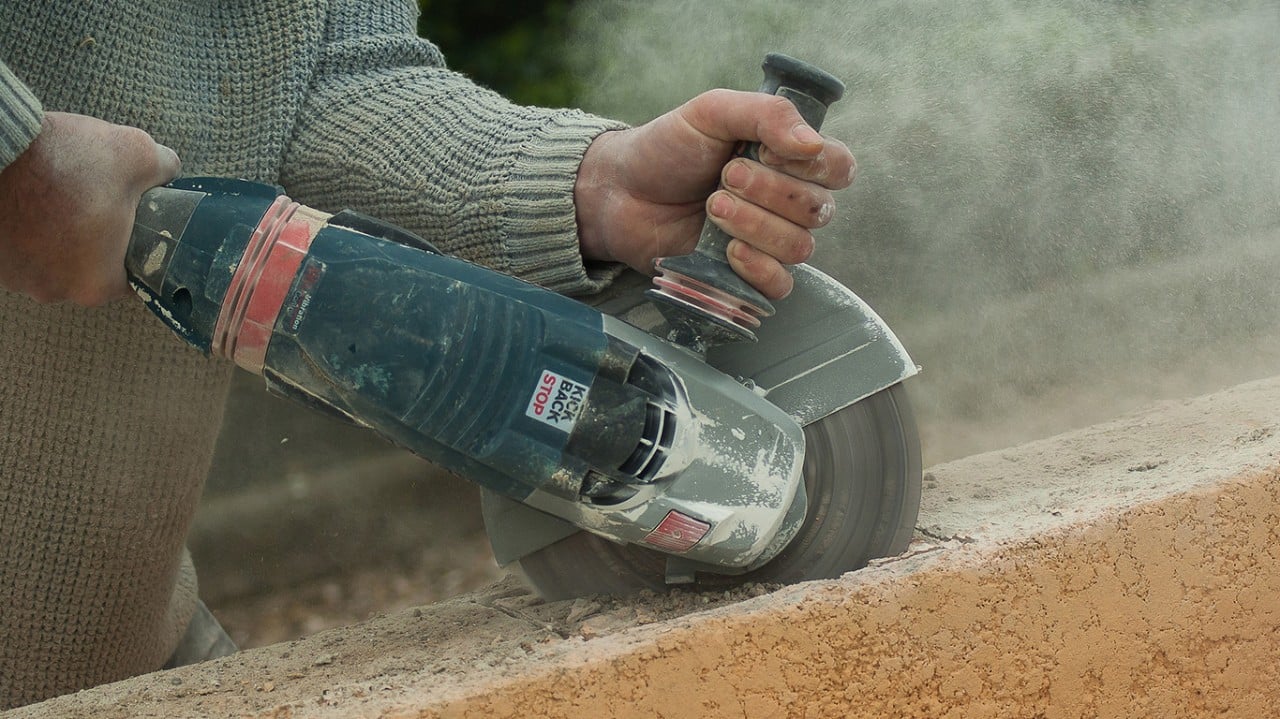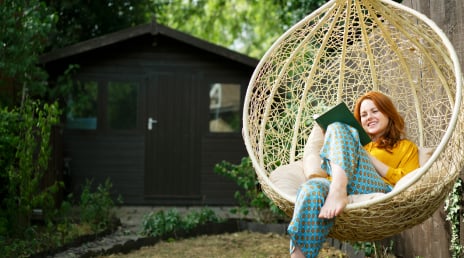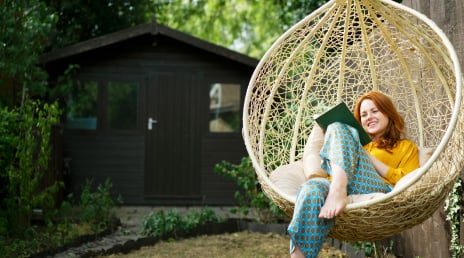Published 25 June 2025

What to consider when taking on a lodger
Published 25 June 2025
Taking on a lodger can come with plenty of worthwhile benefits. It can be an opportunity to boost your household income while also giving you an extra pair of hands to help with things like walking the dog, household chores and more. It just so happens that now’s a great time to consider getting one, and here’s why:
- Rising rent and house prices mean there's a steady stream of willing lodgers.
- The tax-free amount you can receive in rent from a lodger increased in 2016 through the Rent a Room Scheme.
- With the rising cost of household bills and council tax, having another contributor could be beneficial.
Before advertising your spare room, check your home insurance policy first. Some providers consider lodgers to be an extra risk and might ask you to pay an added premium - so make sure you’re covered! Read more here about how your home insurance premium is calculated.
Why take in a lodger?
Having an extra person living in your house can make your life easier in a number of ways:
- It can cut household costs through sharing bills.
- You can make some extra money through rent.
- Helps make use of spare room.
- Having that extra someone around to help with dog walking or other household responsibilities.
You might even come out of it with a new friend!
What to consider before you rent out a room
While taking on a lodger can come with some great perks, make sure you do a bit of homework before placing that advert.
Read our top five tips for getting your home ready for a lodger.
-
Check you’re allowed a lodger
-
Review your home insurance
-
Reach an agreement with your lodger
-
Check your home is safe
-
Get references and check for criminal convictions
- Whether you’re a home owner paying a mortgage or you’re renting a property, you need to check with the relevant parties that you’re allowed to host a lodger.
- If you have a mortgage, you must let your mortgage company know that someone is renting a room as most lenders like to know who is living in the property.
- If you're renting or are a leaseholder, you'll need to check with the landlord that they're happy for you to take in a lodger.
- If you fully own your home, meaning you have no mortgage or lease, you don’t need permission from anyone to have a lodger.
- Check whether your insurance provider offers lodger home insurance.
- In your existing policy agreement there may be a clause that says only family members can live permanently in the property.
- You’ll need to adjust or manage your home insurance policy to accommodate for a lodger.
Set out in advance what you’d expect from a lodger, and what they can expect from you. That way, both parties are clear on the details of the arrangement.
Important details to consider when arranging a lodger include:
- How much deposit they need to pay in advance.
- How much the rent will be, and how and when you'd like it paid.
- How you plan to split the bills with them.
- Which rooms they can use.
- Plans for future rent reviews.
- How much notice you both need to give to end the agreement.
Taking on a lodger means you're responsible for keeping your home safe and in good condition. To do this, you’ll need to take the following steps:
- Organise to have an annual gas safety check on all appliances and flues (the pipes that allow exhaust gases to escape like chimneys).
- Check all electrical appliances are safe.
- Take fire safety measures, including making sure you have working smoke alarms on each landing.
- You’ll also need carbon monoxide alarms in any rooms with open fires or wood burners.
It’s important to make sure you’re keeping yourself safe when welcoming someone new into your home, which you can do by:
- Finding out all you can about the person you plan to share your home with.
- Asking for references from their employer.
- Check for previous convictions. It’s possible that your home insurance isn't valid if your lodger has an existing criminal conviction.
Can having a lodger affect your home insurance?
If you decide to take in a lodger, some insurance companies may see this as a risk. So, they may increase the cost of your cover, exclude claims for theft, or in the worst case, they might refuse to insure you altogether. That’s why it’s important to speak to your insurance provider before agreeing to have a lodger. Other things to check when looking into your home cover are:
- Whether you're covered if your lodger gets injured while living with you and decides to sue.
- Whether your home insurance will pay out for replacement accommodation if your lodger needs to move out unexpectedly because of an emergency like a fire or flood. Here are some more ways to prepare for a home emergency.
- Remember, your home contents cover won’t cover your lodger's belongings as this only extends to you and your family who live there permanently. Your lodger will need to get their own contents cover.



